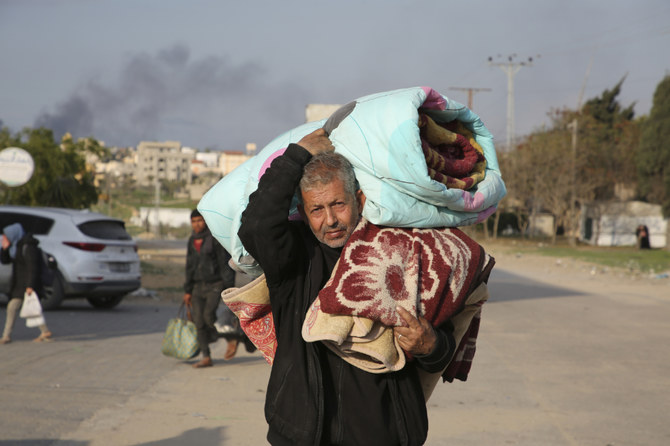
The United States has warned women in Afghanistan that they are at increased risk of attack by extremist groups.
The US embassy in Kabul warned on Thursday that “extremist organisations continue to plan attacks against a variety of targets […], including a heightened risk of attacks targeting female government and civilian workers, including teachers, human rights activists, office workers, and government employees.”
The message comes as the Taliban and the Afghan government meet in Doha for the first round of long-postponed direct negotiations about the future of the war-torn country.
The Taliban and Islamic State operate in Afghanistan, with militants of the former saying they do not intend to target women. But attacks on women have been increasing. On Friday, a video apparently showing two young women being attacked on Kabul’s streets as police officers watch, was widely shared on social media.
Last month, Fawzia Koofi, one of the women on the government’s peace negotiation team, survived an assassination attempt. That followed a car bomb attack on Fatima Khalil, a 24-year-old member of Afghanistan’s Independent Human Rights Commission. She and her driver were killed.
In May, 16 mothers – most of whom had just given birth – were murdered in a west Kabul maternity ward, alongside eight other people.
Commenting on the video, Koofi said: “We are [a] war generation; certain misdeeds are normalised in our society due to war.”
Almost 1,300 men, women and children have been killed in Afghanistan in the first six months of the year, according to the UN. An additional 2,176 people have been injured.
“It’s never safe for us to go outside,” said Shukria Akbari, a 40-year-old mother who lost her 18-year-old daughter in a suicide attack two years ago.
“So many women are full of ambitions and drive, but in Afghanistan, it’s ripped away from them. The country needs a new generation of strong women with a vision, but there are so many stumbling stones,” she said.
Afghanistan continues to be one of the world’s toughest countries to be a women. The literacy rate of girls and women over 15 remains about 30%, and only on Thursday did Afghanistan’s president, Ashraf Ghani, sign an amendment that allowed a mother’s name to be included on a child’s birth certificate.
Many Afghans fear the potential return of the Taliban era, where women were denied education and work outside their homes.
“If the Taliban comes back, there is little hope for us,” Akbari said. “We can try to fight, we might be locked away, or we can flee our country.”











